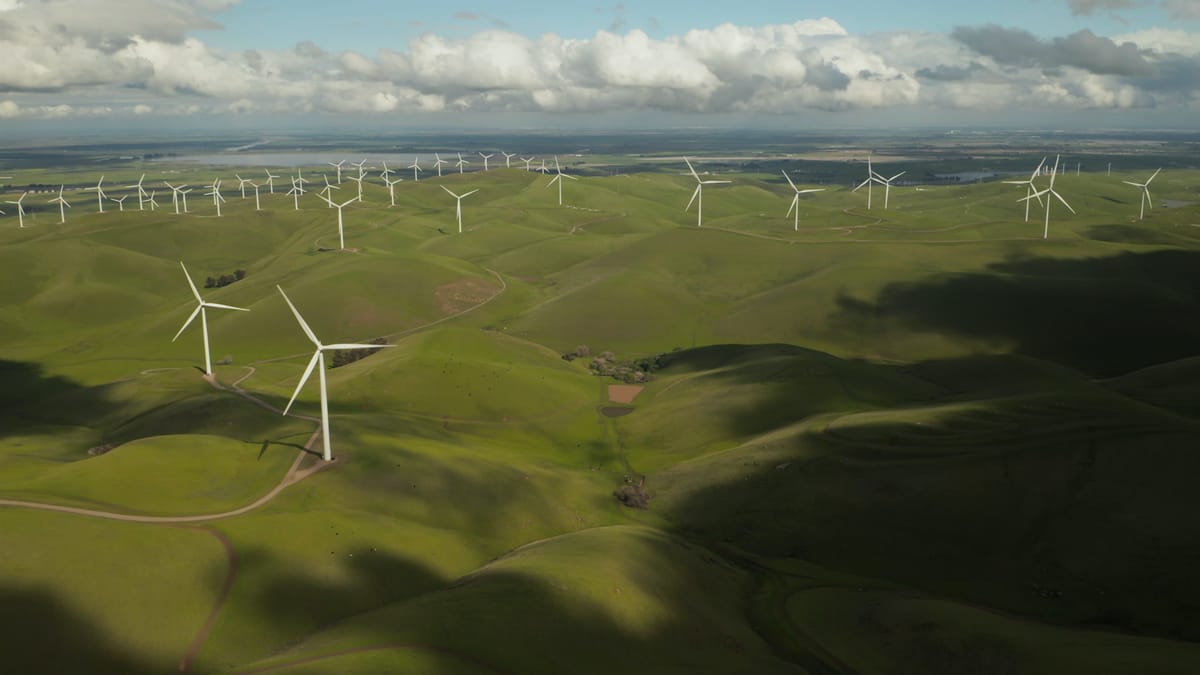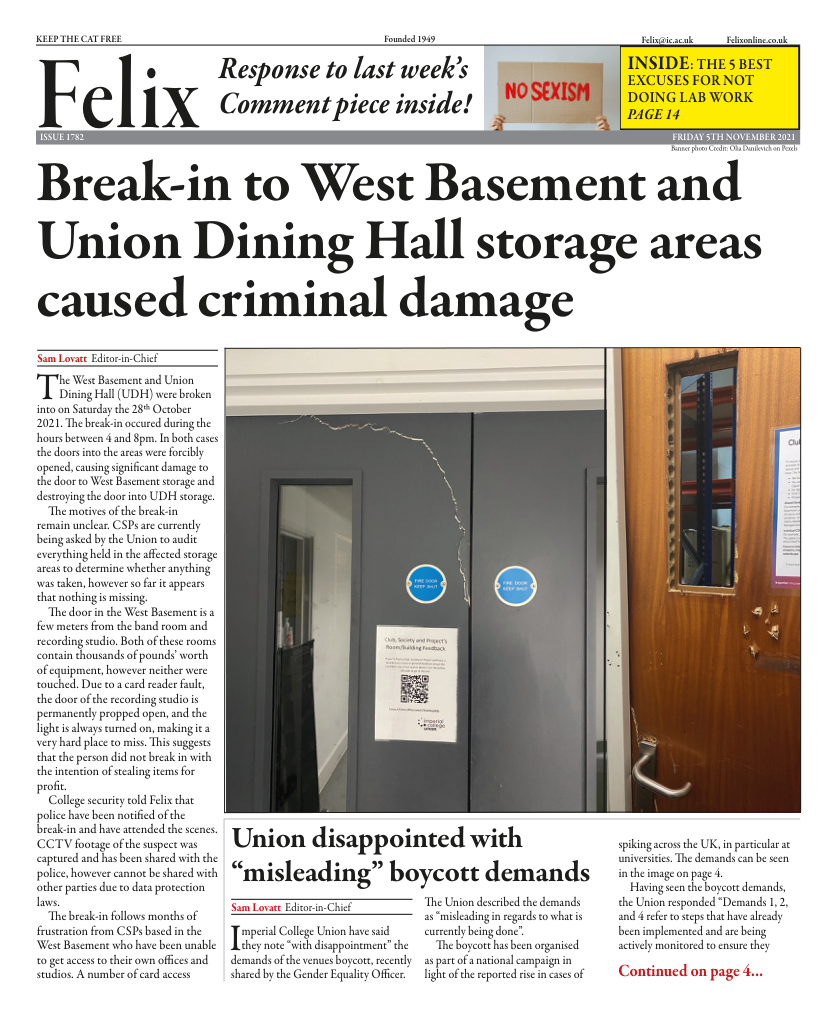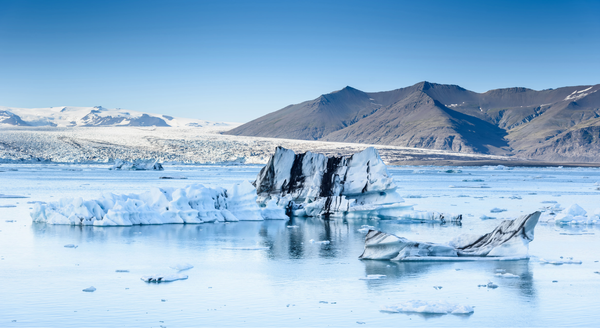Carbon offsetting
Is carbon offsetting actually effective? Not quite...

Carbon offsetting is a practice in which companies pay third party organisations to compensate for their own emissions, such as through planting trees or funding projects in developing countries that will reduce future emissions. e practice is not inherently detrimental to the environment in and of itself, and some say that it is better than doing nothing. e problem is that companies o en lack transparency in the type of schemes they are partnering with in e orts to call themselves “carbon-neutral”—schemes that are oftentimes questionable.
Two budget airline companies, EasyJet and Jet2, have come out with gleaming new “sustainability strategies” in the past months, in a supposed e ort to combat climate change. By now, we have learnt to be wary of companies and their claims of interest in protecting the environment, and further investigation into their strategies find that they are largely relying on carbon o sets to claim “carbon neutral” flying.
Critics of carbon o setting say that it is merely a marketing strategy to persuade consumers to continue their consumption by ridding them of their guilt. Jet2’s strategy states “We have made carbon o setting an intrinsic part of our business strategy… it means our customers don’t need to think about carbon o setting, because we’ve got their carbon covered”. These type of statements removes the blame from the consumer, when the one genuinely effective way to reduce one’s carbon emissions would simply be to y less— the 8.8% decrease in global carbon dioxide emissions in 2020 compared to 2019 was largely due to the fewer flights made during the peak of the Covid-19 pandemic. Of course, no airline company will be telling their customers to stop flying any time soon
Jet2 also offers no insight into what types of carbon o setting schemes they are investing in, while one of the schemes that EasyJet does disclose advertises the “eventual halt of deforestation in South American and Africa”. How do the carbon emissions produced by jet engines today get offset by the future protection of forests?
We have seen companies from all sectors adopting this strategy— Brewdog, the brewery and pub chain, is running a “Buy One Get One Tree” scheme, claiming it will plant over a million trees in Madagascar by offering a code that comes with each pack of beers purchased, and buyers can then enter the code on their website for a tree to be planted.
Oil and gas company Shell advertised carbon-neutral fuel in the Netherlands by selling carbon o sets for one cent per litre of fuel—this exceptionally low cost makes one wonder how this could possibly be achieved. Nine legal students at Vrije University’s Climate Change and Sustainability Law Clinic in Amsterdam conducted research into their carbon o set schemes and found that one was a pledge to protect a forest in Peru from logging, but “this forest was not actually being logged in the years before Shell started protecting it”, one of the students, Lisa van Langen, stated. The Dutch advertising watchdog then ruled that Shell would have to pull their advertising, on the grounds that it was misleading greenwashing.
All this makes us question what responsibility we have as a consumer. We know that at the end of the day, the main motive for any company is to make money, and we should not be fooled by the type of marketing that offers a bandaid-on-the-bullet-hole type of solution— we cannot go on consuming endlessly by believing that companies have the environment’s best interest in mind.










